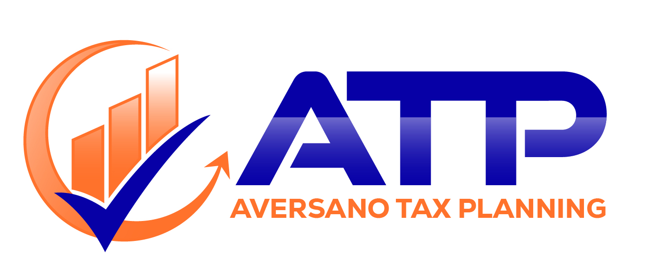FAQs
What is tax planning?
Tax planning is the strategic analysis and arrangement of your financial situation to maximize tax efficiency. It involves evaluating your income, deductions, investments, and financial decisions from a tax perspective to legally minimize your tax liability while achieving your financial goals. Unlike tax preparation, which looks backward, tax planning looks forward to optimize your future tax position.
Why is tax planning important?
Tax planning can significantly reduce your lifetime tax burden, sometimes saving thousands or even tens of thousands of dollars annually. It helps you make informed financial decisions, avoid costly tax mistakes, maximize wealth accumulation, and ensure you're taking advantage of all available tax benefits. Without planning, you may overpay taxes, miss valuable deductions, or make financial moves that trigger unnecessary tax consequences.
When should I start tax planning?
The best time to start tax planning is now, regardless of the time of year. While many people think about taxes only during filing season, effective tax planning is a year-round activity. Major financial decisions, life changes, or business ventures should always involve tax planning consultation before taking action.
Who benefits most from tax planning?
While everyone can benefit from tax planning, it's particularly valuable for business owners and entrepreneurs, high-income professionals, real estate investors, individuals with stock options or RSUs, those approaching retirement, people with investment portfolios, anyone selling a business or property, families planning for education costs, and individuals experiencing major life changes.
Do I need tax planning if I have a simple tax situation?
Even individuals with relatively simple tax situations can benefit from basic tax planning. Strategies like maximizing retirement contributions, timing charitable donations, or understanding the tax implications of investment decisions can provide valuable savings. As your financial situation grows more complex, tax planning becomes increasingly important.
What are the most common tax planning strategies?
Common strategies include maximizing retirement account contributions, tax-loss harvesting in investment accounts, bunching charitable contributions, timing income and deductions, utilizing Health Savings Accounts (HSAs), implementing tax-efficient investment strategies, optimizing business structures, claiming all available tax credits, and strategic asset location between taxable and tax-deferred accounts.
What does year-round tax planning involve?
Year-round planning includes quarterly income and expense reviews, monitoring tax law changes, adjusting withholdings or estimated payments, tracking deductible expenses, reviewing investment portfolios for tax efficiency, planning major financial decisions with tax implications in mind, and making year-end moves to optimize your tax position.
What is cost segregation and why is it helpful?
Cost segregation is a tax planning strategy that allows businesses and property owners to accelerate depreciation deductions on real estate, which can significantly reduce their tax liability in the early years of ownership.
Benefits:
- Immediate cash flow improvement through reduced tax payments
- Accelerated deductions in early years when they may be most valuable
- Can be applied retroactively to properties you already own
- Particularly valuable with bonus depreciation rules (which have allowed 100% expensing of certain assets, though this is phasing down)
Still have a question?
Don't see your question answered here? No problem. Reach out to our team—we're happy to discuss your specific tax situation and how we can help!



